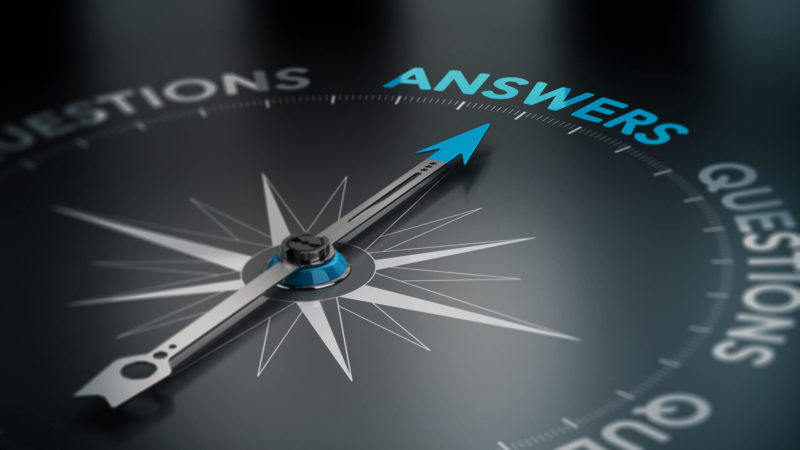What is the point of Freemasonry? What is it supposed to do for people and the world? As much as it is dear to many of us, the honest truth is that we honestly don't know what it's for beyond the platitude of "making good men better." If we ask if we've succeeded in our mission of making the world better because of us, we have to dig farther and farther back to historical Masons of fame and import. In other words, not much these days, beyond impressive charity stats, of course, and perhaps local good works.
If we adhere to the bumper sticker of "making good men better," we immediately come up against the next question, "How?" The intellectuals among us then borrow the much older description of Masonry as a "system of morality, veiled in allegory and illustrated by symbols." Well, okay then. Is the mystery solved or just beginning? We may call it "a moral science," but that has more a tone of research and abstraction. We could talk of its alchemical roots in the refinement of matter of spirit, but that diatribe falls on deaf ears more concerned with getting ready for the next degree or feeding one's family.
In other words, the answers we tend to give are more smoke than fire, and certainly inadequate in terms of Light. In New York, we have started encouraging the deployment of banners developed by Grand Lodge that read, "A brotherhood of upstanding men continuing a tradition of making a difference," followed by a well-worded call-to-action and link to DiscoverMasonry.Com. I recognize the arduous thought that went into what I would admit is a million-dollar, finely-tuned marketing slogan. If the question is, "how do we get more members?" then we're on the right track. It gives high moral status to those who associate with our Brand. It says we give a damn and are willing to work with integrity to make the world better — an answer I've given many times to the question at hand.
But does that tell us anything about Masonry itself, regarding moral improvement or otherwise? If it can be summed up with a value statement that fits on a banner, then why do we have ritual? Why have countless books been written on Masonic philosophy? But then there are Masons with 50-year aprons and above who haven't cracked a single book on the subject. There must be a simpler answer — one that cuts through book-based esotericism and speaks to the heart.
Well, I found that yesterday.
RW Richard Friedman is a marine, practicing psychologist, the current Grand Lecturer for my jurisdiction, and most importantly to me, a Brother of which I have the highest admiration. He is tough but loving, strict but encouraging, humble yet highly respected. And his response to discovering how common it was that Brothers were reading rather than truly knowing the ritual gave me the best-fitting key to unlock this most important of questions.
"Masonry is a continuous improvement program for our brains, heart, and soul.
Masonry is supposed to be a way of life that teaches us that living within the guidelines of the ritual, we can get the most out of the gifts that the Great Architect has imbued in all of us.
It is supposed to be a daily challenge to get better in your life, a daily reminder that self-improvement never ends, and that life is what you make it.
We all should have been aware that when we took our obligations, we were promising to live a life that is a cut above normal society.
We commit ourselves to a Masonic way of life that includes brotherly love, relief, and truth. Items that are always in short supply in the profane world.
One of the first things any Entered Apprentice learns is the need to subdue his passions and improve himself in Masonry. It does not say let’s pull to the lowest common denominator, let’s be average, let’s not ever be a cut above in society. In fact, it urges us to bid men come to our level but refuse to descend a single step to them.
If our goal is to become average, then do we really need Freemasonry or the ritual at all? Why be selective in membership when anyone can be average? We would have to change the ritual dramatically if average is the goal!
As we no longer build in the operative sense as a Craft, the “work” of freemasonry in modern times is the effort to live our lives by incorporating the ritual into everything we do. That is how we make good men better and improve ourselves in Masonry. You cannot align with the great rank and title of Freemason if you do not know the work."
~JP
Bro. Ken JP Stuczynski is a member of West Seneca Lodge No.1111 and recently served as Master of Ken-Ton Lodge No.1186. As webmaster for NYMasons.Org he is on the Communications and Technology Committees for the Grand Lodge of the State of New York. He is also a Royal Arch Mason and 32nd Degree Scottish Rite Mason, serving his second term as Sovereign Prince of Palmoni Council in the Valley of Buffalo, NMJ. He also coordinates a Downtown Square Club monthly lunch in Buffalo, NY. He and his wife served as Patron and Matron of Pond Chapter No.853 Order of the Eastern Star and considered himself a “Masonic Feminist.”





